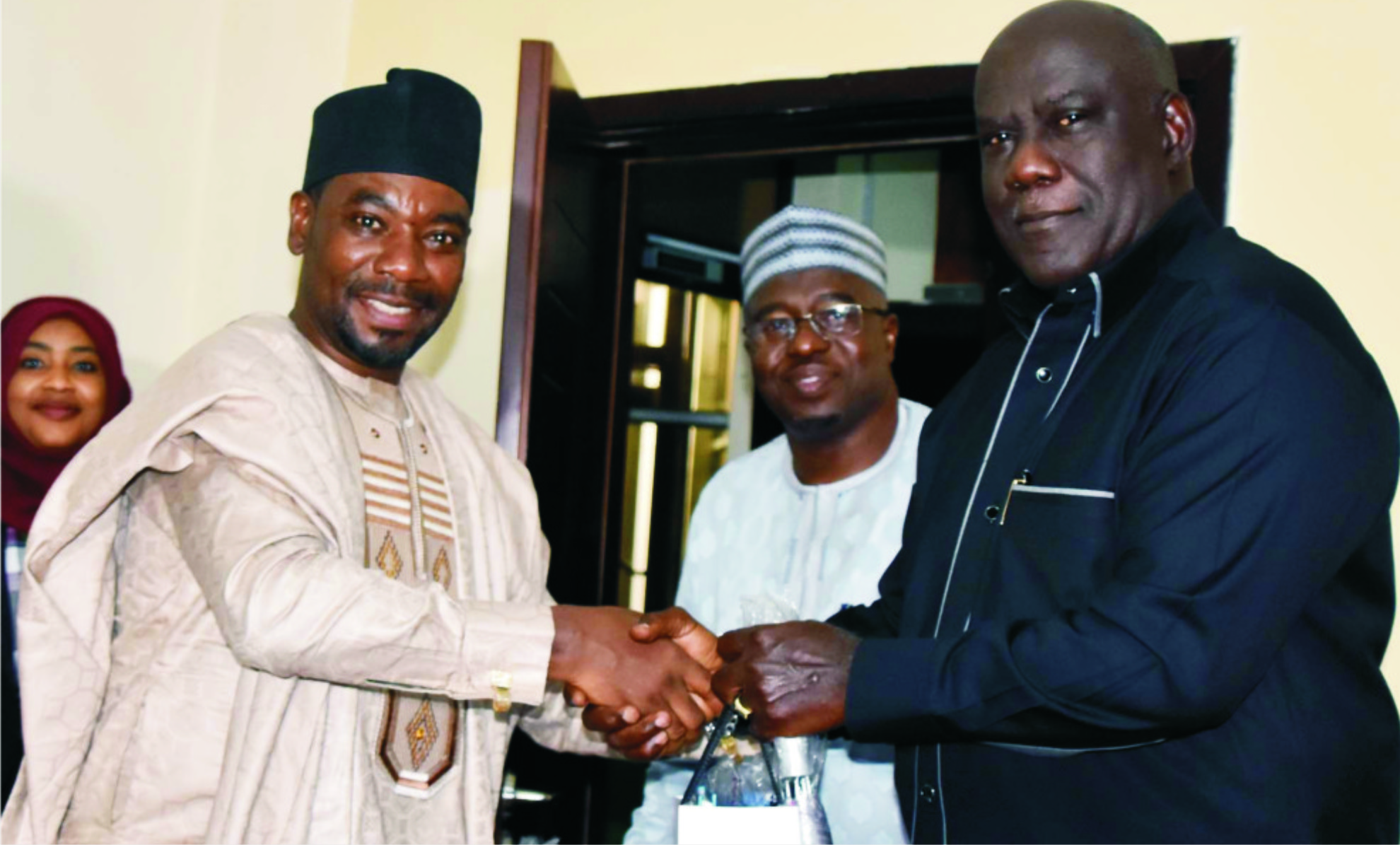Business
2020 Budget: Opposition Reps Reject Secret Sessions

The Peoples Democratic Party (PDP)-led opposition in the House of Representatives has insisted on thorough legislative scrutiny of the N10.33 trillion 2020 budget estimates, to ensure they reflect the wishes of over 200 million Nigerians.
Minority Leader of the House of Representatives, Hon. Ndudi Elumelu (Delta-PDP), in a statement he personally signed and issued to the media at the weekend, said that though the House had “resolved to pass the budget before the end of the year, the details, particularly the capital expenditure items and implementation modules, must meet the yearning of Nigerians before the budget is passed into law”.
The Minority Leader stressed that Nigerians were depending on them, “to protect their interest in critical issues that directly affect their lives, particularly on budget planning and implementation in key sectors.”
The opposition caucus assured that “the details of the N2.46 trillion capital budget must be dissected and adjusted accordingly, to ensure that critical needs of Nigerians are adequately accommodated, as well as to plug waste and eliminate budgetary corruption at every stage”.
According to the minority leader, “Given the sorry state of our infrastructure, the opposition must ensure that the votes earmarked by Mr President for the rehabilitation of roads, power infrastructure, health services, agriculture, water resources, education, among other critical sectors, are thoroughly scrutinised to guarantee full implementation as well as reflect the federal character principle across board”.
Elumelu said that the House received with shock, news reports, that certain committees barred the media from covering their budget defence sessions.
The minority leader insisted that budget defence must be in the “open and more so, transparent, so that Nigerians are fully carried along in all the processes leading to budgetary decisions in all critical sectors.”
The statement said that, “the minority leader has, therefore, directed all opposition members in various committees, to ensure strict compliance with the democratic principles of transparency, accountability and prudence in the budget planning as well as in the implementation oversight of both the capital and recurrent components”.
The opposition members also assured that it was “poised to fully monitor the implementation of special intervention funds for the unemployed as well as the welfare of the Internally Displaced Persons (IDPs) in the North East and other parts of the country to ensure that the money is not diverted as witnessed in the past under a former Secretary of the Government of the Federation (SGF)”.
Hon. Elumelu assured that the opposition would take a critical look at all revenue projections from Value Added Tax (VAT) and other tax regimes so as to ensure equity and fairness as well as to guarantee that the masses are not overburdened in the process.
Business
Agency Gives Insight Into Its Inspection, Monitoring Operations

Business
BVN Enrolments Rise 6% To 67.8m In 2025 — NIBSS

The Nigeria Inter-Bank Settlement System (NIBSS) has said that Bank Verification Number (BVN) enrolments rose by 6.8 per cent year-on-year to 67.8 million as at December 2025, up from 63.5 million recorded in the corresponding period of 2024.
In a statement published on its website, NIBSS attributed the growth to stronger policy enforcement by the Central Bank of Nigeria (CBN) and the expansion of diaspora enrolment initiatives.
NIBSS noted that the expansion reinforces the BVN system’s central role in Nigeria’s financial inclusion drive and digital identity framework.
Another major driver, the statement said, was the rollout of the Non-Resident Bank Verification Number (NRBVN) initiative, which allows Nigerians in the diaspora to obtain a BVN remotely without physical presence in the country.
A five-year analysis by NIBSS showed consistent growth in BVN enrolments, rising from 51.9 million in 2021 to 56.0 million in 2022, 60.1 million in 2023, 63.5 million in 2024 and 67.8 million by December 2025. The steady increase reflects stronger compliance with biometric identity requirements and improved coverage of the national banking identity system.
However, NIBSS noted that BVN enrolments still lag the total number of active bank accounts, which exceeded 320 million as of March 2025.
The gap, it explained, is largely due to multiple bank accounts linked to single BVNs, as well as customers yet to complete enrolment, despite the progress recorded.
Business
AFAN Unveils Plans To Boost Food Production In 2026
-

 News3 days ago
News3 days agoOji Clears Air On Appointment Of 15 Special Advisers By Fubara
-

 News3 days ago
News3 days agoNigeria Has Woken Up From Slumber Under Tinubu – Shettima
-

 Featured3 days ago
Featured3 days agoRivers: Impeachment Moves Against Fubara, Deputy Hits Rock …As CJ Declines Setting Up Panel
-
City Crime3 days ago
Health Commissioner Extols Fubara’s Commitment To Community Healthcare Delivery
-
News3 days ago
Nigeria To Begin Exporting Urea In 2028 -NMDPRA
-
Niger Delta3 days ago
Tinubu, Leading Nigeria To Sustainable Future – Okowa … Lauds Oborevwori Over Uromi Junction Flyover Construction
-
News3 days ago
US – Nigeria Security Engagement Translating Into Tangible Operational Gains – NSA
-

 News3 days ago
News3 days agoKing Jaja Impacted Beyond Rivers -Deputy Gov

